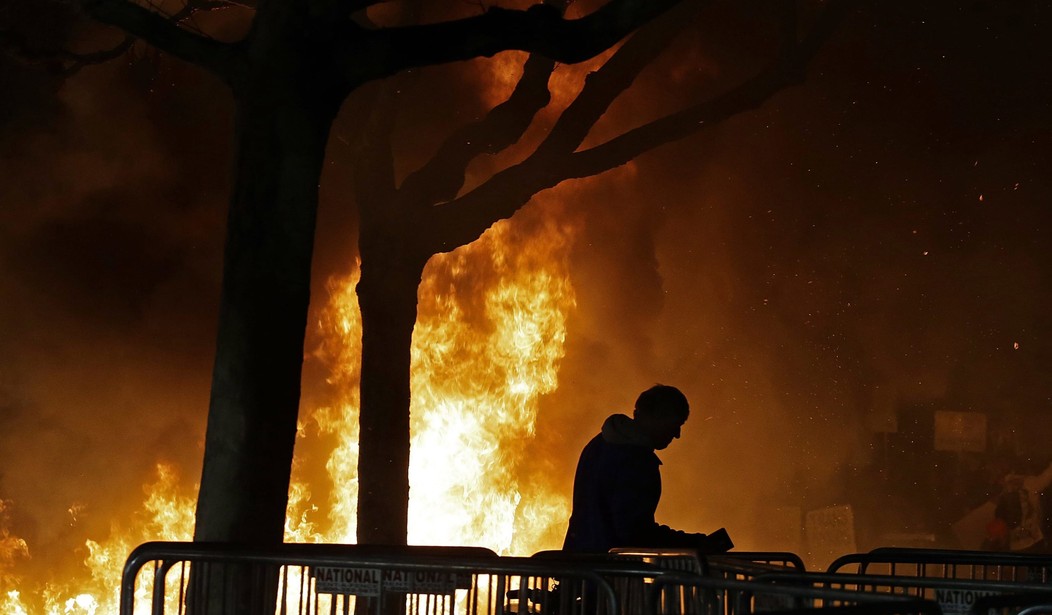When Anne Coulter, Milo Yiannopoulos, or Charles Murray is blocked from a speaking engagement at a liberal university due to a riot, the incident makes headlines.
But these protests aren’t the only cases of intimidation being used to silence non-Leftist speech on campus, however. Not by a long shot. Steven Glick, editor-in-chief of the student newspaper Claremont Independent, shares his experiences:
I began writing for the Claremont Independent — a student-run conservative paper at the Claremont Colleges — and became a vocal opponent of political correctness.
My classmates — as well as my former employer on campus — grew upset with my coverage of the over-the-top PC-policing and began to think up ways to silence me. I was frequently reported to the deans, and a petition even circulated asking the administration to expel me and my staff.
Part of what makes this culture so troubling is the number of double standards it engenders. “Marginalized” students perversely pursue “equality” by pulling groups perceived as privileged down. “Privileged” students are chastised for committing “microaggressions” against their marginalized peers, while marginalized students are free to commit blatant acts of racial or gender bias against those they deem privileged.
…
That’s true both outside and inside the classroom. The faculty at Pomona is incredibly unbalanced ideologically. Unsurprisingly, the curriculums are severely biased with dissenting views unwelcome. The number of class offerings shrinks dramatically for anyone unwilling to fully toe the progressive line. Several of my friends and I decide which classes to take based not on the course content or reading material, but instead based solely on which professors seem least likely to let political or racial biases affect classroom discussion and grading.
Two weeks ago, I tried to produce a video in which my peers would explain their opposition to Heather Mac Donald and describe the reasons they did not believe she should be allowed to speak on campus.
I stayed at the protest for nearly an hour, talking to as many students as I could. But students involved in the protest refused to answer any of my questions. Instead, they blocked my camera, pushed me and formed a wall around me to restrict my movement.
That is only a small sampling of Glick’s experiences, but it’s a glimpse into the fascist opposition to vocal right-leaning students on American college campuses.
Despite claims of “tolerance,” of wanting to have a “conversation” about race, sexuality, income inequality, or any number of issues, their behavior shows they want the precise opposite.
For most Americans, we can step away from that. We can spend time with like-minded friends, or just step away from politics completely for a time.
But for students like Glick looking to develop skills required for a journalism career, there is no escape. The mistreatment is a driving force in their lives, something they have to plan everything around in order to get a fair shake from their college experience.









Join the conversation as a VIP Member